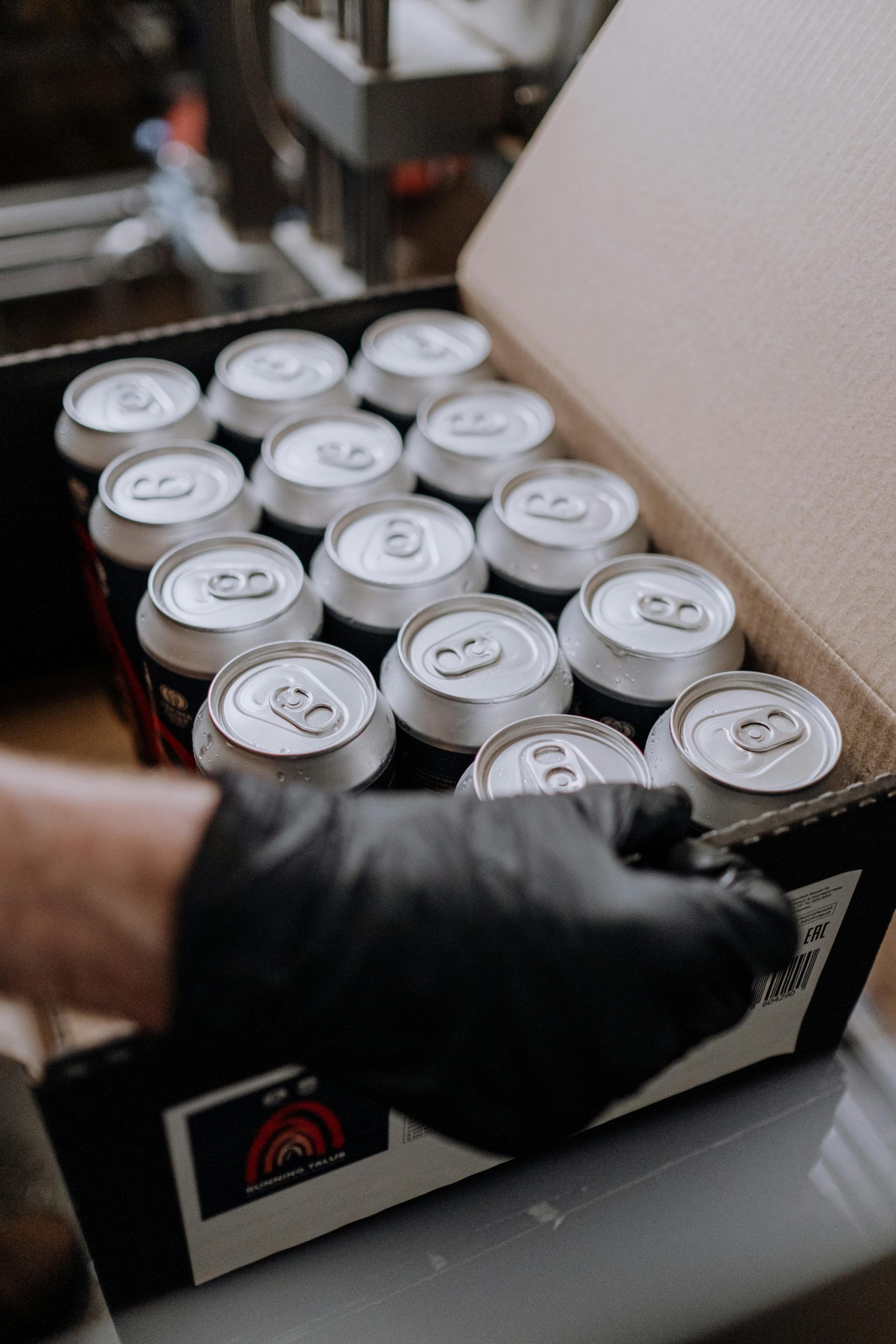Your cart is currently empty!

Steven Coulson
Steven has been drinking beers, wines and spirits for decades and has a propensity to go about them at length after a few drinks.
Latest Posts
- My wife found out our favorite Gin for martinis was discontinued. I think we are good for a while…

- Oregon Road Trip: Freeland Spirits Garden Botanicals Gin

- Botanist with Trader Joe’s Lemon and Elderflower Soda

- I’m one of the worlds leading buyers of craft gin in the world and a international spirit judge AMA

- I’m blown away…. By how let down I am by this Gin.

Categories
Tags
Social Links

Title: The Unintended Consequences of Trump’s 25% Aluminum Tariff on the Craft Beer Industry
As the brewing community continues to flourish, many craft breweries are grappling with significant challenges posed by government policies. One such hurdle is the 25% tariff imposed on aluminum imports during the Trump administration. While intended to boost domestic production and protect American jobs, this tariff has profound implications for the craft beer sector, which is heavily reliant on aluminum for packaging.
Craft beer is known not just for its diverse flavors and inventive styles, but also for the distinctive branding that often comes with the packaging. Aluminum cans have become the standard choice for many breweries, offering a lightweight, recyclable option that helps maintain the freshness of the beer. However, the steep tariff has disrupted the supply chain and increased operational costs for these small businesses.
With the cost of aluminum rising, many craft breweries are facing a difficult decision: absorb the increased expenses or pass them on to consumers through higher prices. For many small brewers, raising prices is not a viable option, especially in a competitive market where price sensitivity can make or break sales. As a result, some breweries may be forced to cut back on production, invest less in growth, or even reconsider their product offerings altogether.
Beyond immediate financial implications, the long-term effects of the tariff could stifle innovation and creativity within the craft beer industry. Breweries known for their limited-edition cans or experimental brews may reduce their output or scale back on new projects due to economic constraints. This could diminish the diversity that craft beer enthusiasts cherish, impacting not just producers but consumers as well.
Moreover, with other beverage sectors also facing higher aluminum costs, the ripple effect on the market could hinder competition and lead to reduced options for consumers. The love for craft beer stems from its unique qualities and diversity, and anything that threatens the viability of these small businesses could harm the industry as a whole.
In conclusion, while tariffs can theoretically protect American jobs, they can also inadvertently harm sectors that rely on global trade. The craft beer industry exemplifies how such policies can create a complex web of challenges, jeopardizing the success and creativity of small businesses that have defined this vibrant market. As we navigate these turbulent waters, it’s crucial to consider the broader implications of economic policies on industries that contribute so richly to our culture.
